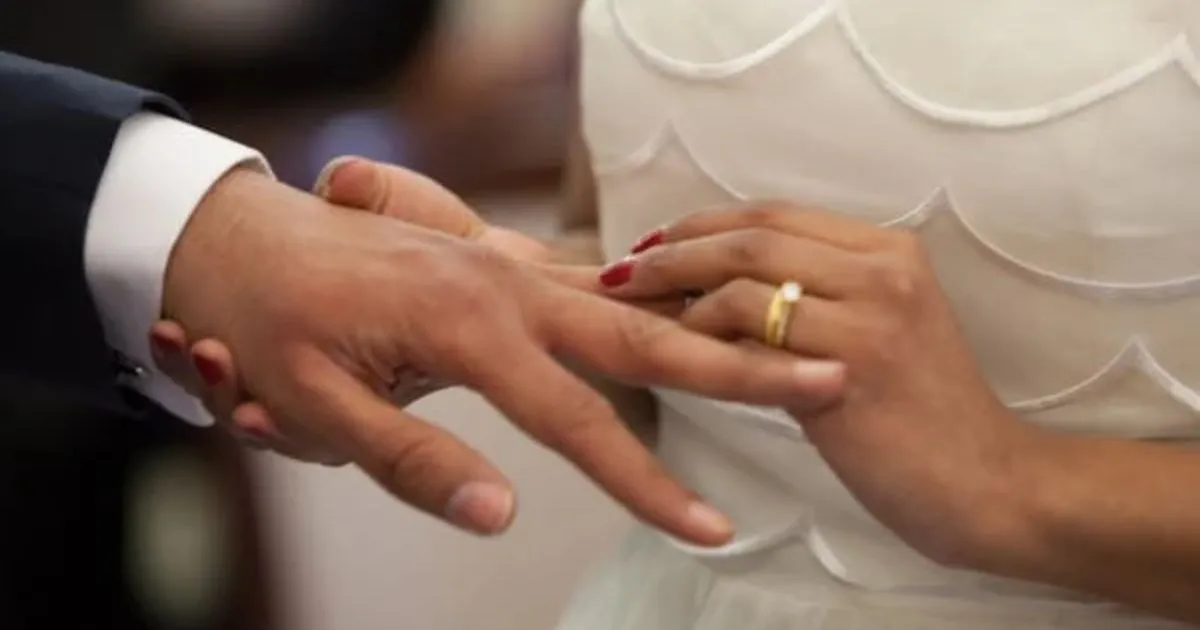
Fidelity is a universal value, but it is interpreted and practiced differently across cultures, tradition, and belief systems.
Some societies stand out for their high levels of faithfulness in romantic relationships and marriage, often driven by strong cultural norms, religious values, or open communication. Here’s a look at some of the most faithful cultures.
1. Japan: Fidelity Rooted in Respect and Duty

In Japan, marriage is often viewed as a partnership built on mutual respect and family responsibilities. While modern challenges like work stress can affect relationships, many Japanese couples remain faithful due to:
- A sense of family duty: Prioritizing stability for children and families.
- Social pressure: Fidelity is seen as a sign of honor and respect.
2. India: Faithfulness Strengthened by Tradition
In India, marriage is often considered a sacred union rather than just a contract. Arranged marriages, which remain common, encourage stability and faithfulness because:
- Family involvement: Families play an active role in the marriage, reinforcing the importance of loyalty.
- Spiritual beliefs: Marriage is viewed as an eternal bond, often sanctified by religious rituals.
3. Philippines: A Strong Religious Influence

Filipinos are known for their commitment to relationships and marriage. In this predominantly Catholic country:
- Divorce is illegal, which encourages couples to work through problems rather than separate.
- Religion plays a central role, teaching the importance of fidelity in marriage.
4. Nordic Countries: Fidelity Through Equality and Communication
Nordic countries (like Sweden, Norway, and Denmark) are characterized by modern, egalitarian views on relationships. Couples often remain faithful because:
- They value open communication to resolve conflicts.
- Gender equality: Fair distribution of roles and responsibilities creates harmonious relationships.
5. Italy: Fidelity Fueled by Passion and Family
In Italy, faithfulness in marriage is often tied to the importance of family and passion in relationships.
- Strong family values encourage couples to stay united and loyal.
- Romantic culture emphasizes intimacy and emotional connection, reducing the likelihood of infidelity.
6 Fidelity Grounded in Religiou Tradition
related : What Does the Bible Say About Relationships?
Jewish, Muslim, and Christian religious traditions strongly influence perceptions of marriage. Fidelity is valued because of:
- Strong religious commitments: Marriage is seen as a sacred covenant.
- Community values: Couples often receive support from their communities to maintain their union.
- Strong Religious Values: Faith plays a central role in many cultures, instilling norms of loyalty.
- Emphasis on Family: Societies that prioritize family often promote stability and fidelity in relationships.
- Communication and Respect: Couples who share values of mutual respect and transparency are more likely to stay faithful.
you can olso read : The Life-Changing News: Emotions of Expecting Parents and Its Impact on Their Marriage
Fidelity in relationships and marriage often depends on cultural values, personal beliefs, and relationship dynamics. While some cultures are known for their commitment to faithfulness, any couple can cultivate this quality by fostering communication, mutual respect, and a deep understanding of their commitments.



